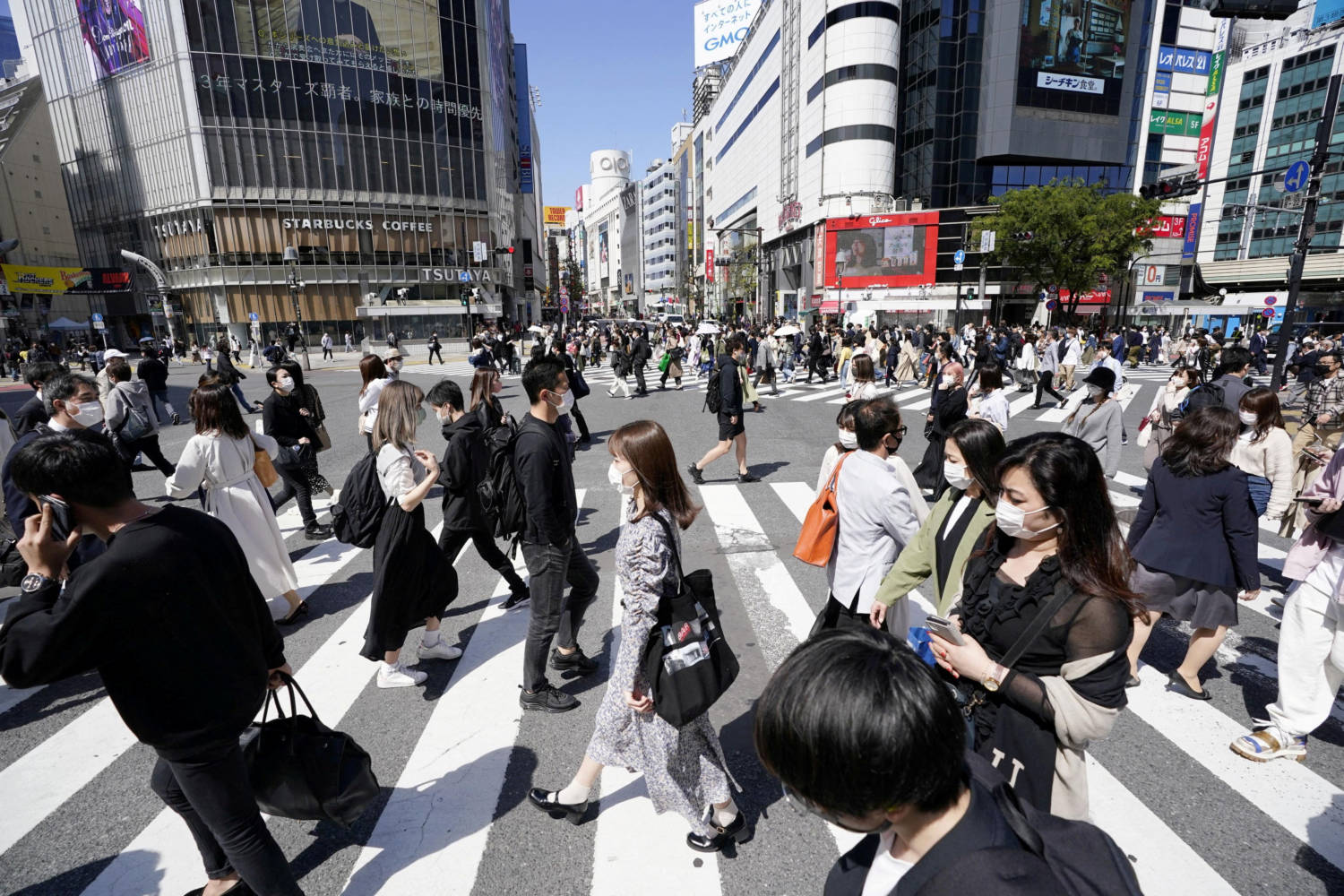Title: Japan’s Major Companies Commit to Largest Wage Hikes in Over Three Decades
In a significant move that signals a potential shift in Japan’s economic policy, the nation’s largest corporations have agreed to implement wage hikes of 5.28% for 2024, marking the most substantial increase in 33 years. This development, announced by the country’s largest union group on Friday, has reinforced expectations that the Bank of Japan (BOJ) may soon transition away from its long-standing stimulus program.
The announcement comes at a critical juncture as the BOJ contemplates ending its eight-year practice of negative interest rates. BOJ officials have indicated that the decision to pivot would be influenced by the outcome of this year’s annual wage negotiations. Policymakers are optimistic that significant wage increases will stimulate household spending and foster more sustainable growth in the economy, which narrowly escaped a recession towards the end of last year.
Workers from major firms had initially sought an average wage increase of 5.85%, exceeding the 5% threshold for the first time in three decades, as per Rengo, the trade union group. Moe Nakahama, an economist at Itochu Economic Research Institute, projected that “real wages would turn positive in April-June 2024” if wage hikes approached the estimated 5.3%.
Rengo, representing around 7 million workers, many from large companies, had aimed for base pay increases exceeding 3%—a crucial indicator of wage strength that affects bonuses, severance, and pensions. Analysts had anticipated a rise above 4%, following last year’s 3.6% increase, which was itself the highest in thirty years.
Rengo chief Tomoko Yoshino cited rising income inequality, inflation, and labour shortages as drivers behind the substantial wage hikes and noted that part-time workers would see a 6% increase this fiscal year. Yoshino emphasized that Japan is at a pivotal point in its journey towards economic revival.
The government hopes these wage hikes will permeate through to smaller and medium-sized firms, which make up 99.7% of all businesses and employ about 70% of the workforce. However, many of these smaller entities lack the ability to pass on higher costs to consumers. Wage negotiations for these companies are expected to conclude by March’s end, with anticipated increments likely lower than those agreed upon by major firms.
Amidst labour shortages, Toyota Motor led the charge in labour negotiations with its most significant pay increase in 25 years. This trend may bolster expectations that the central bank will conclude its negative interest rate policy at its next meeting on March 18-19.
As Japan grapples with a chronic shortage of workers due to an aging population, Prime Minister Fumio Kishida urges companies to increase wages to combat years of deflation and lagging wage growth compared to other OECD countries. The annual “shunto” or “spring labour offensive” reflects Japan’s collaborative approach between labour and management and is a hallmark of Japanese business culture.
With these wage hikes, Japan’s major companies are setting a precedent that could lead to broader economic revival and a departure from longstanding monetary easing practices.





